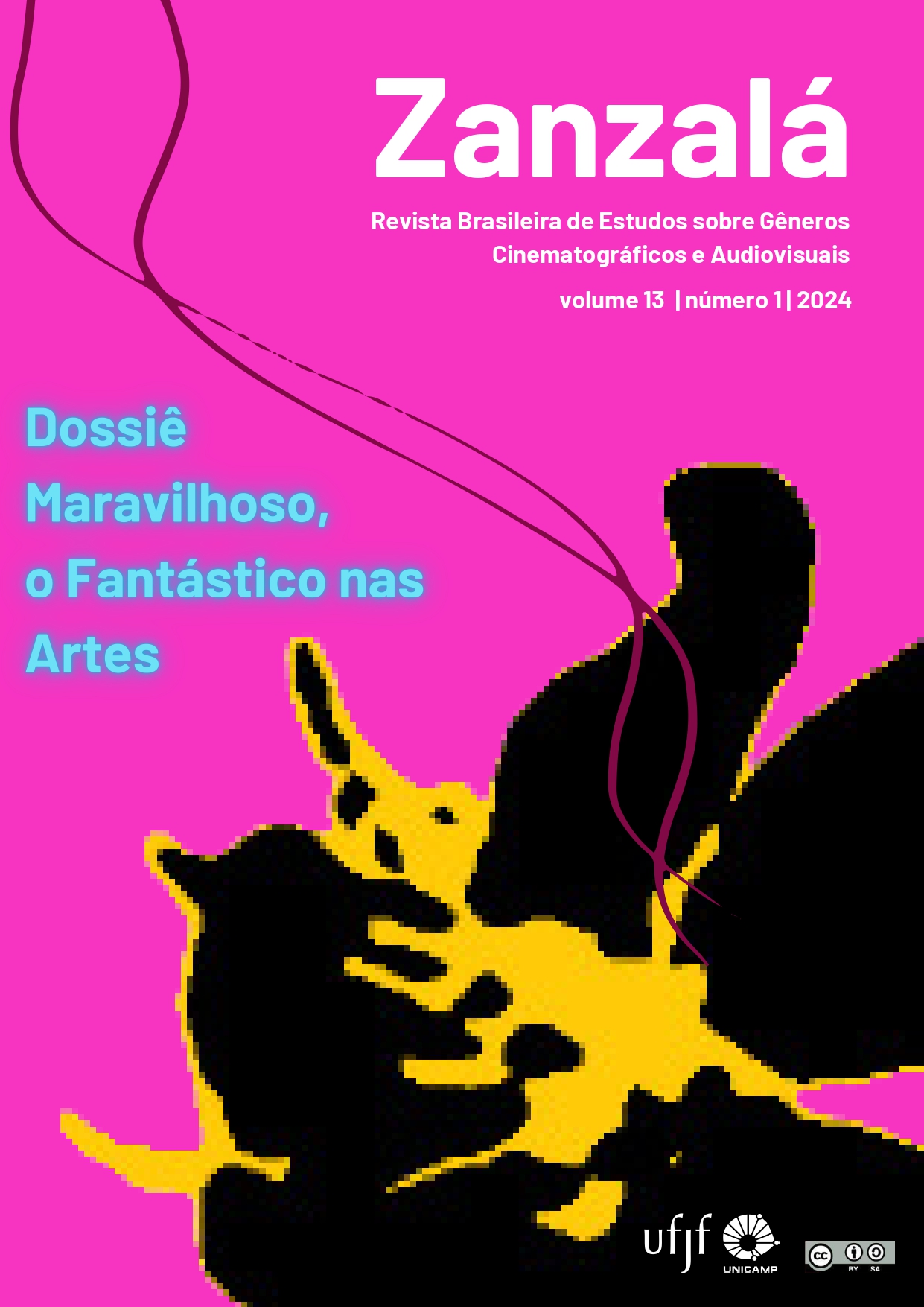Writing the Unspeakable:
Horror and Desire in Roger Casement’s Black Diaries, Ricardo Eustasio Rivera’s The Vortex, and Joseph Conrad’s Heart of Darkness
Resumen
The representation of the jungle environment as an uncanny space is shared by the texts of Casement, Rivera and Conrad in their portrayal of extractivist practices in Latin America and Africa. Roger Casement’s 1912 investigation of human rights abuses in the Amazon and José Eustasio Rivera’s 1924 novel La Vorágine (The Vortex) both describe the experience of disorientation of the jungle environment during the rubber boom, using sensorial imagery to evoke a profound sense of horror, along with vivid descriptions of exploitation. Although similar to Joseph Conrad’s 1899 Heart of Darkness, the texts by Casement and Rivera use their sensory immersion in the uncanny environment of the jungle to evoke its power and criticize exploitation and colonialism. Ultimately, the uncanniness of the jungle is revealed to be a crisis of Western masculinities and identity during the early twentieth century.
Descargas
Descargas
Publicado
Número
Sección
Licencia
Proposta de Aviso de Direito Autoral Creative Commons
1. Proposta de Política para Periódicos de Acesso Livre
Autores que publicam nesta revista concordam com os seguintes termos:
- Autores mantém os direitos autorais e concedem à revista o direito de primeira publicação, com o trabalho simultaneamente licenciado sob a Creative Commons Attribution License que permitindo o compartilhamento do trabalho com reconhecimento da autoria do trabalho e publicação inicial nesta revista.
- Autores têm autorização para assumir contratos adicionais separadamente, para distribuição não-exclusiva da versão do trabalho publicada nesta revista (ex.: publicar em repositório institucional ou como capítulo de livro), com reconhecimento de autoria e publicação inicial nesta revista.
- Autores têm permissão e são estimulados a publicar e distribuir seu trabalho online (ex.: em repositórios institucionais ou na sua página pessoal) a qualquer ponto antes ou durante o processo editorial, já que isso pode gerar alterações produtivas, bem como aumentar o impacto e a citação do trabalho publicado (Veja O Efeito do Acesso Livre).

